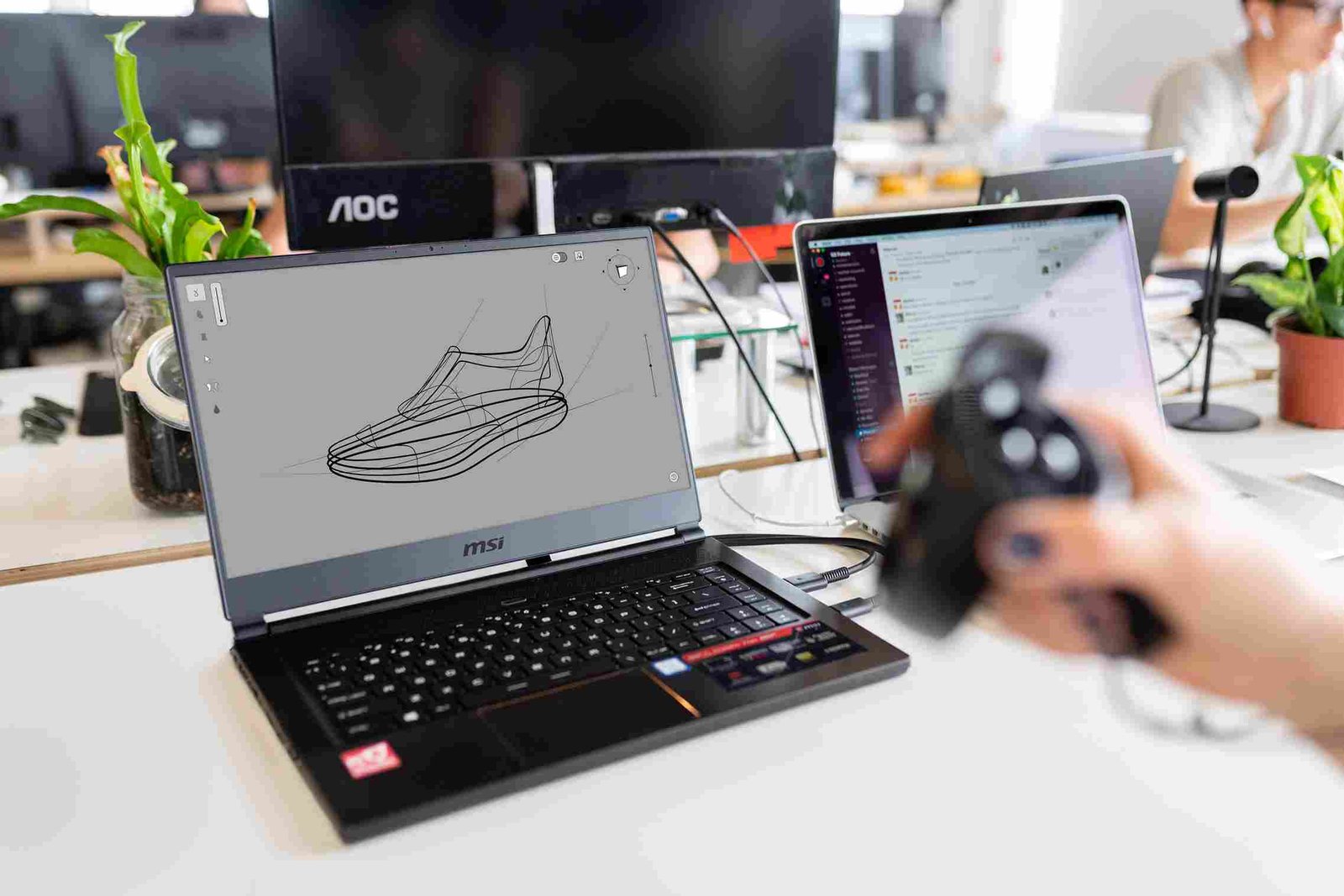
Choosing the Right Commercial Property Management Software for Your Business
The world of commercial property management has evolved significantly in recent years thanks to technological advancements. Gone are the days of managing properties with stacks of paper files and endless spreadsheets. Today, businesses can access various property management software solutions that streamline operations, improve efficiency, and enhance tenant satisfaction.
However, with many available options, choosing the right commercial property management software for your business can take time and effort. In this blog post, we will explore the key considerations when selecting property management software to ensure it aligns with your business’s unique needs and objectives.
Define Your Needs and Objectives
Before diving into property management software, clearly defining your needs and objectives is essential. What are you looking to achieve with this software? Are you a commercial property owner looking to manage multiple properties or a property manager responsible for handling various clients’ properties? Understanding your specific requirements will help you narrow your choices and find a software solution that caters to your needs.
Consider the size and type of properties you manage, the number of tenants, and the scope of your tasks. This initial assessment will provide valuable insights into the features and capabilities your software should offer.
User-Friendly Interface
One of the most critical aspects of any software is its user interface. A user-friendly and intuitive interface will make your daily tasks more manageable and reduce the learning curve for your team. Look for software that offers a clean and organized dashboard, easy navigation, and well-structured menus.
Additionally, consider the software’s accessibility from various devices and operating systems. Mobile compatibility is crucial in today’s fast-paced world, allowing you to manage properties on the go and respond promptly to tenant requests.
Property and Tenant Management
Effective property management software should provide comprehensive tools for managing your properties and tenants. Key features to look for include:
Property Listings: A robust listing management system that allows you to add, edit, and delete property listings, including property details, photos, and availability status.
Lease Management: Simplify lease creation, tracking, and renewal processes, ensuring lease terms, rent payments, and tenant information are easily accessible.
Tenant Portals: Provide tenants with online portals to submit maintenance requests, pay rent, and access important documents, fostering transparency and tenant satisfaction.
Maintenance Management: Streamline maintenance and repair requests, assign tasks to contractors, track progress, and maintain a maintenance history for each property.
Accounting and Financial Management: Features for rent collection, expense tracking, and generating financial reports are essential for maintaining financial transparency and compliance.
Integration Capabilities
Your property management software should seamlessly integrate with other tools and systems you use in your business. This includes accounting software, customer relationship management (CRM) systems, and property listing websites. Integration eliminates manual data entry, reduces errors, and enhances overall efficiency.
Ensure that the software you choose offers robust integration options or has an open API (Application Programming Interface) that allows for custom integrations if needed.
Reporting and Analytics
Data-driven decision-making is crucial in property management. Look for software that provides comprehensive reporting and analytics capabilities. You should be able to generate various reports, such as income statements, balance sheets, occupancy rates, and rental property performance. These insights will help you optimize your property management strategies and make informed decisions.
Scalability
Consider your business’s growth potential when choosing property management software. Ideally, the software should be scalable, allowing you to add more properties and tenants as your business expands. Scalability ensures that your software investment remains relevant and cost-effective in the long term.
Customer Support and Training
No matter how user-friendly a software solution may be, you will likely encounter questions or issues along the way. Choose a property management software provider that offers excellent customer support, including phone, email, or live chat assistance. Additionally, inquire about the availability of training resources, such as video tutorials, documentation, and webinars, to help your team get up to speed quickly.
Security and Compliance
Property management software deals with sensitive tenant and financial data, so security is paramount. Ensure that the software provider follows industry-standard security protocols, such as encryption, data backups, and access controls. Moreover, check if the software complies with relevant regulations, such as the General Data Protection Regulation (GDPR) for data privacy.
Pricing and Cost Structure
The cost of property management software can vary significantly based on factors like the number of properties you manage and the features you need. Some software providers offer subscription-based pricing, while others charge per property or tenant. Carefully evaluate the pricing structure and calculate the total cost of ownership over time to make an informed decision.
User Reviews and References
When evaluating potential property management software solutions, it’s crucial to go beyond the flashy features and impressive sales pitches. One of the most valuable sources of information you can tap into is the vast pool of user reviews and references from fellow property managers. These insights offer a glimpse into the software’s real-world performance and can help you make a more informed decision for your specific needs.
User reviews are like windows into the everyday experiences of property managers who have already incorporated the software into their operations. They can shed light on how intuitive the user interface is, the software’s reliability, customer support quality, and any unexpected challenges users might have encountered.
Additionally, reaching out to other property managers for references can provide you with an opportunity to discuss their firsthand experiences, gaining deeper insights into how the software has impacted their efficiency and overall management processes. This feedback loop of real-world knowledge is invaluable when you’re looking to make a choice that will significantly impact your property management endeavors.
Conclusion
Choosing the right commercial property management software for your business is a critical decision that can significantly impact your efficiency and tenant satisfaction. By defining your needs, considering user-friendliness, examining property and tenant management capabilities, evaluating integration options, and keeping other key factors in mind, you can make an informed choice that aligns with your business objectives.

